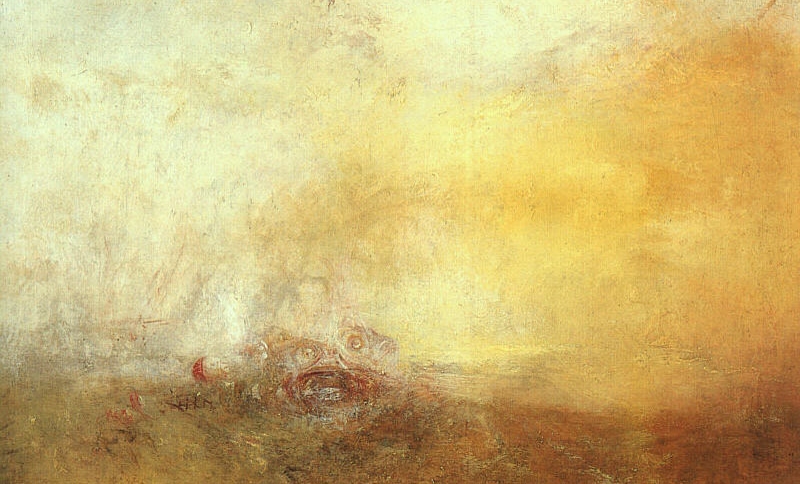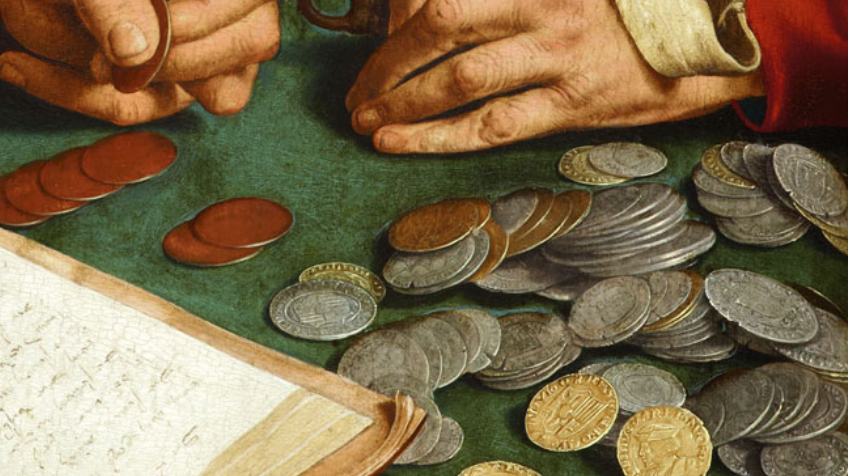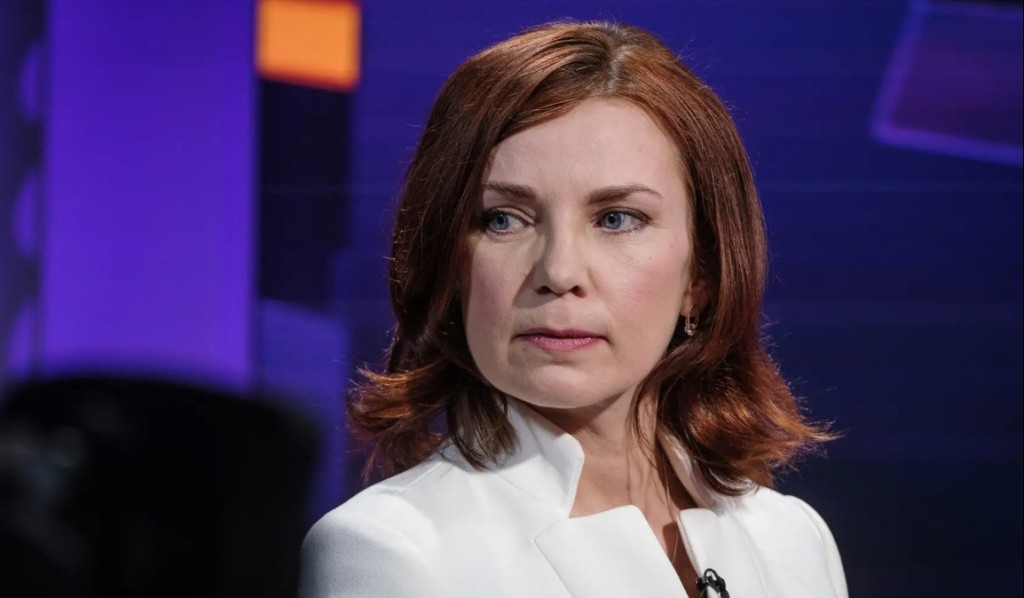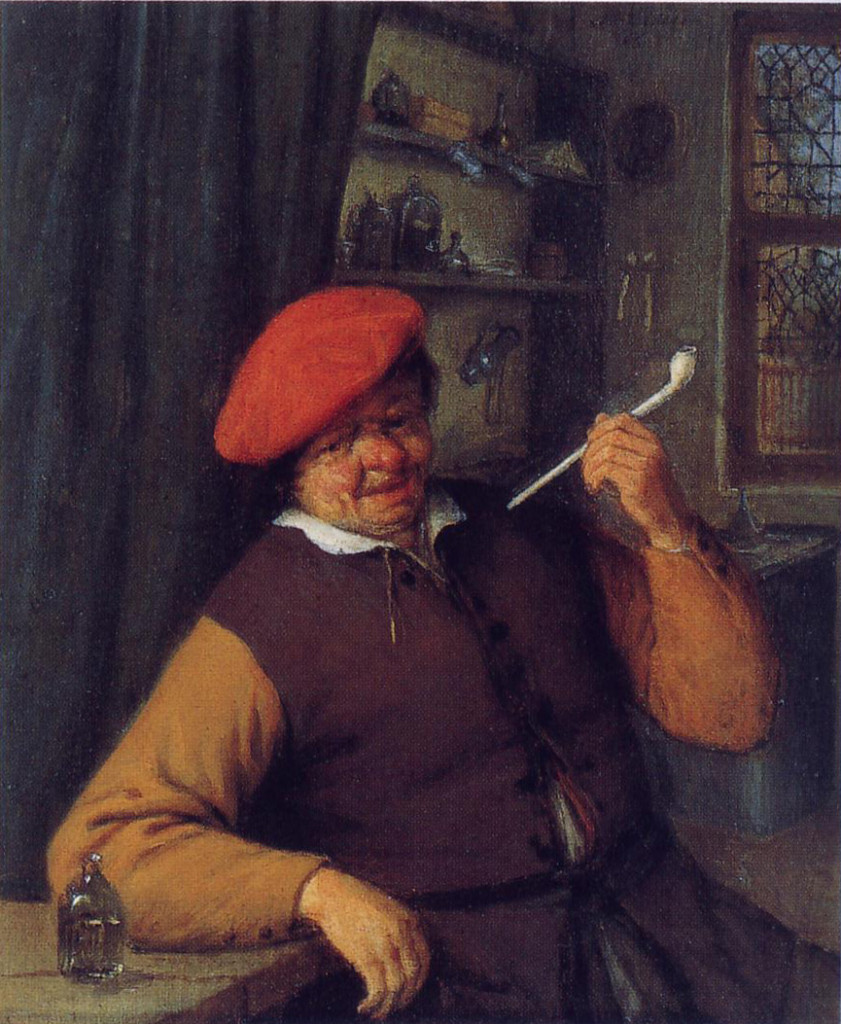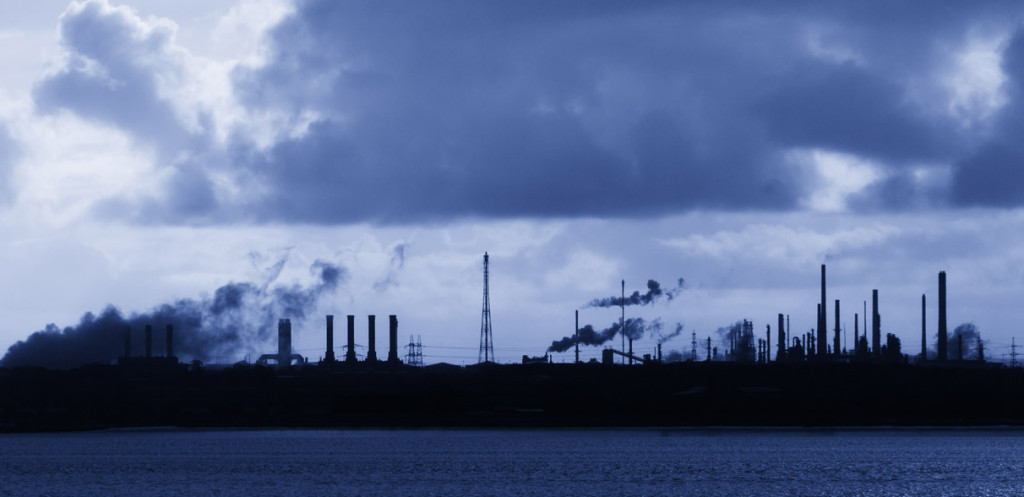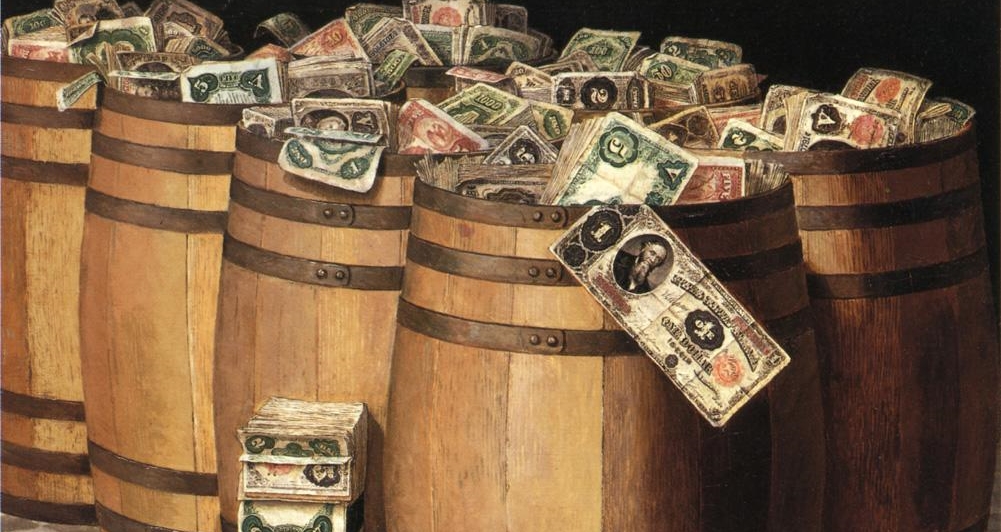
Butter on Head of Madeta’s Boss
In an interview with Seznam Zprávy, the head of Madeta (a Czech dairy company) Milan Teplý stated several facts that contradict basic financial knowledge. He began the interview by saying that Madeta will be profitable this year. However, he immediately added: \"It\'s a sin to be in profit, we won\'t get subsidies.\" We do not understand this. Why should a company that is making profit seek subsidies and ask the state for support?



